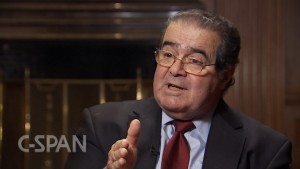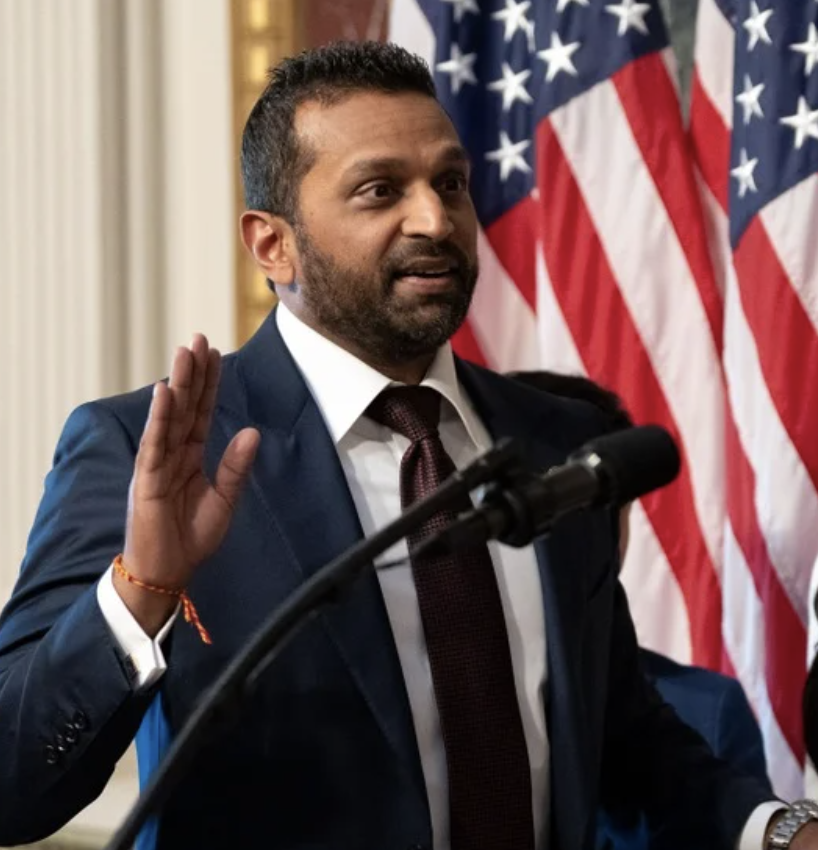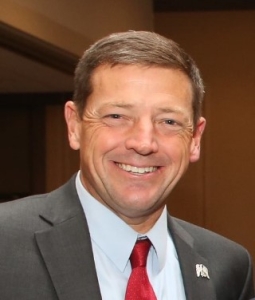By Ross Parker
ticklethewire.com

The Supreme Court issued four opinions in criminal cases in May, which leaves nine more cases to be decided in June before the end of the 2015-2016 term. The split in the vote for the cases was 8-0, 7-1, 5-3, and 5-3, with the Court siding with the government argument in three of the cases and the defendant in one case. The Court has issued 54 full opinions thus far in the term, 13 of them in criminal cases.
The votes seem to indicate that the absence of Justice Scalia has not, thus far, changed the result of criminal cases although his participation in the discussions and drafts circulated undoubtedly affected the rationales and nuances of the rule of law that resulted from the opinions. The politically charged cases that need a swing vote to give the case a 5-4 majority have ,of late, tended to be more often civil cases. An example since Justice Scalia’s death was Zubik v. Burwell on the issue of contraceptive coverage and First Amendment freedom of religion. In that case a week ago a 4-4 vote let the lower court’s decision stand.
And that, perhaps, has some positives by shifting the responsibility to resolve difficult disputes from a single unelected Justice to elected officials to find a compromise and a solution acceptable to a majority of their constituents. Not that our Congress has of late shown any ability to achieve this result.
Justice Scalia, however, showed no shyness about close votes or his role to stake an opinion on a result and reasoning that he felt was right. In her eulogy in February, Justice Ginsburg said, “We disagreed now and then, but when I wrote for the Court and received a Scalia dissent, the opinion ultimately released was notably better than my initial circulation. Justice Scalia nailed all the weak spots—the “applesauce” and “argle bargle”—and gave me just what I needed to strengthen the majority opinion. He was a jurist of captivating brilliance and wit, with a rare talent to make even the most sober judge laugh.” So things are not as much fun without him, both in public at oral argument and apparently in chambers.
The column’s predictions of the results of the May cases included one swing-and-a-miss in the Courts’s decision in Betterman v. Montana. The Court unanimously found that the roots of Speedy Trial were limited to delays prior to conviction and did not extend to delays prior to sentence. I had thought that today’s importance of sentencing hearings and the effect of delay on a defendant’s ability to defend himself at the time of sentence could, in effect, expand the constitutional right to one of Speedy Justice. But I was unaware, at the time of the column, that defense counsel would concede at oral argument that they had failed to preserve the issue of whether due process could afford such protection. So that issue remains open for future litigants.
For prosecutors the most important opinion may have been Foster v Dulles, in which the Court found that a death penalty defendant had a right to a Batson hearing on whether the prosecutor had impermissibly made peremptory challenges to prospective jurors based on race. The trial and appeals judges accepted the trial prosecutor’s “neutral explanations,” but notes obtained 30 years after the trial showed otherwise. The case breathes life into the Batson prohibition and will hopefully discourage the practice and make trial judges more skeptical about disingenuous explanations. The effect of unscrupulous removal of Black jurors is a taint on the perception of justice by members of the African American community. Black jurors matter.
As a practical matter this racist practice gives support for elements who want to eliminate or greatly reduce the number of peremptory challenges given to trial prosecutors. This was the recent recommendation of the Advisory Committee on Rules of the Judicial Conference. In this age of strange people showing up for jury duty, such a change would damage a trial prosecutor’s ability to get an unbiased jury. The other effect of the decision will be to be to make prosecutors more careful about what they leave in their case files.
The two 5-3 cases involved questions of predicate offenses under the Immigration and Naturalization Act (Torres) and whether the person from whom property was taken could be a Hobbs Act conspirator. He can. (Oceano)
There are a bunch of interesting and knotty cases left for next month, including former Virginia Governor Bob McDonnell’s future as a free man.





